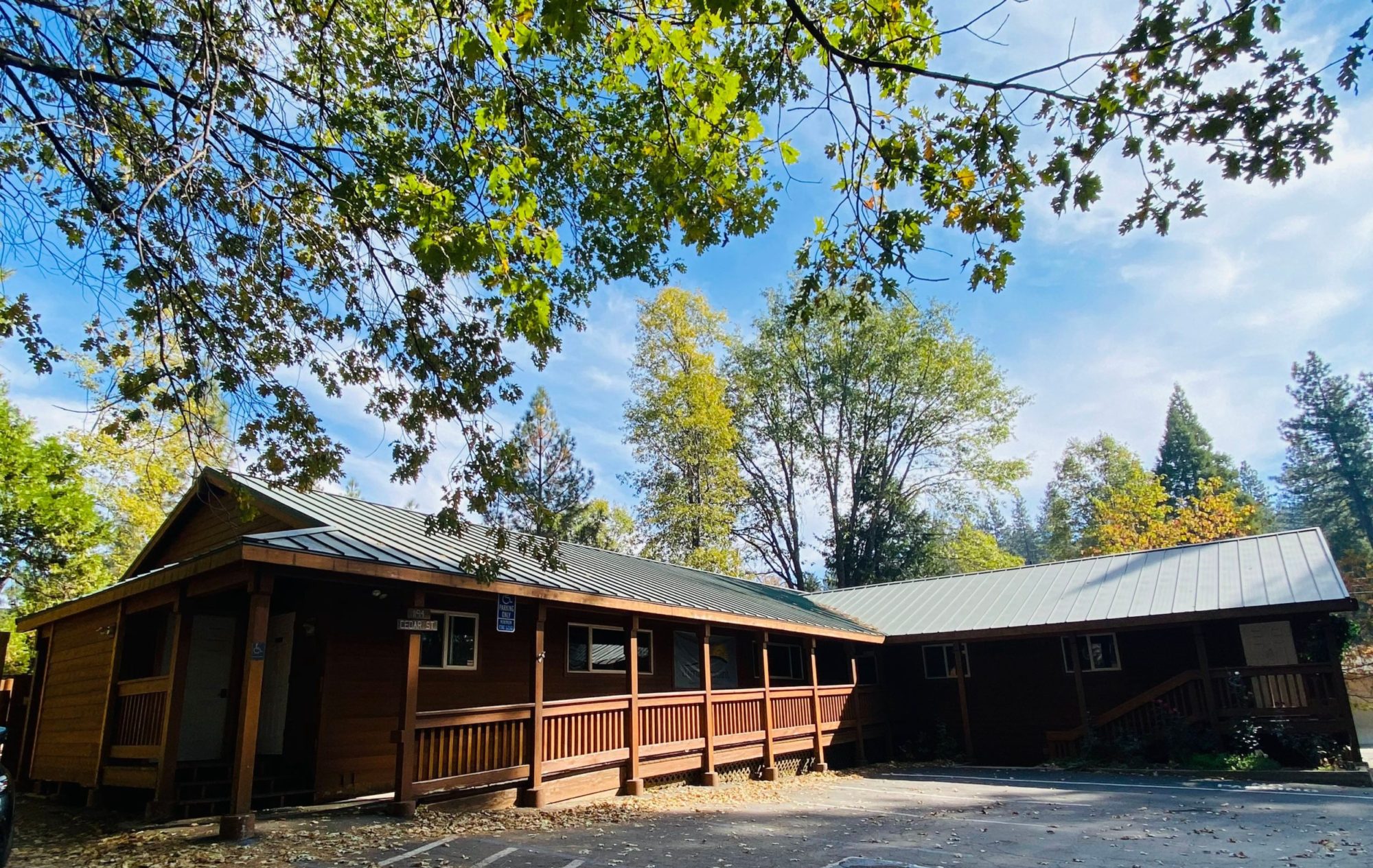 At Turning Point of Arnold, we know that making the transition from your residential treatment program to life after treatment can be the most dangerous part of your recovery. That is why we offer a comprehensive approach to treating addiction, arming our clients with the tools and skills they need to maintain sobriety long after their program has ended. In case you are currently making that transition yourself—or are planning to soon—here are a few ways that you can make that transition go as smoothly as possible.
At Turning Point of Arnold, we know that making the transition from your residential treatment program to life after treatment can be the most dangerous part of your recovery. That is why we offer a comprehensive approach to treating addiction, arming our clients with the tools and skills they need to maintain sobriety long after their program has ended. In case you are currently making that transition yourself—or are planning to soon—here are a few ways that you can make that transition go as smoothly as possible.
Practice real-life scenarios before your leave treatment.
The transition into life after treatment begins while you are still engaged in your residential treatment program. During the course of your program, it is essential that you practice real-life scenarios that might tempt you to return to old habits later on. One of the most powerful ways you can practice maintaining your sobriety in real-life scenarios is through virtual reality technology. At Turning Point of Arnold, we are proud to offer this powerful technology through Dr. Phil’s Path to Recovery. With this program, individuals can experience what it will be like to spend time in a high-risk environment after treatment, all while remaining in a safe environment.
Remember the skills and techniques you learned.
During the early stages of recovery, shortly after leaving treatment, it is more important than ever to hold on to those skills and techniques that you learned in treatment. At Turning Point of Arnold, for example, we teach our clients stress management techniques, anger management skills, relapse prevention, self-esteem building skills, and more. Turn to these skills and techniques often so that they become a natural part of your recovery after addiction.
Create a normal routine.
Building a normal routine that you can rely on will help keep you focused on wholesome pursuits—and distract you from any temptations you might be feeling. Be sure to create a routine where you have something to work for and where your time is filled with wholesome activities that will promote a stronger mind and body. If you’re having trouble filling your day, consider returning to work or school or finding a new hobby that you can pursue.
Remember your support system.
Don’t forget that you can always call on members of your support system when you are having trouble. Friends, family members, counselors, and others who are also in recovery can help remind you of your strengths and all of the progress you have made at those times when you are feeling at your weakest. They can also help keep you out of situations in which you may be tempted to return to old habits.

